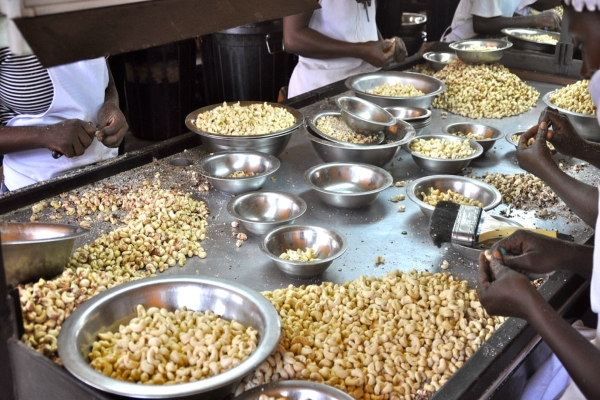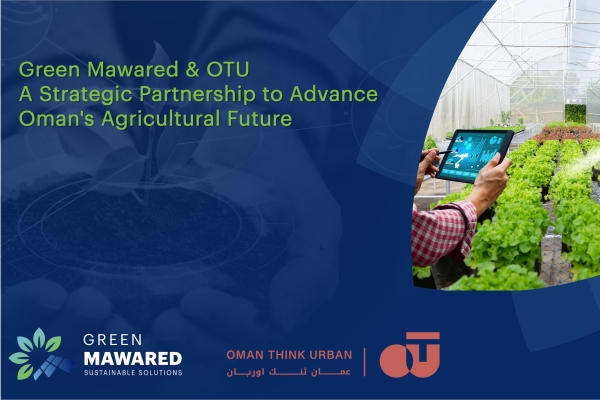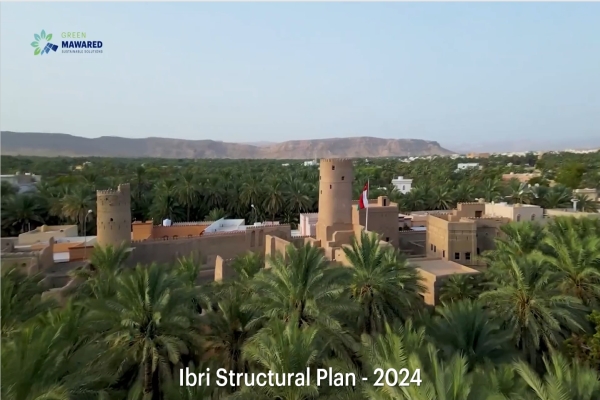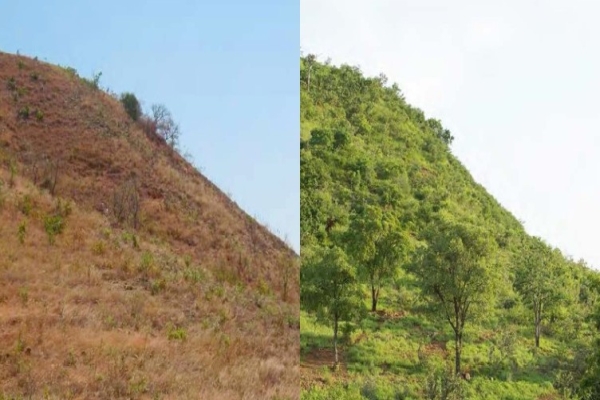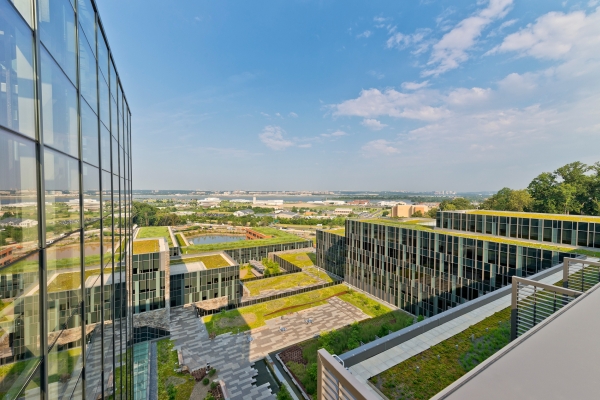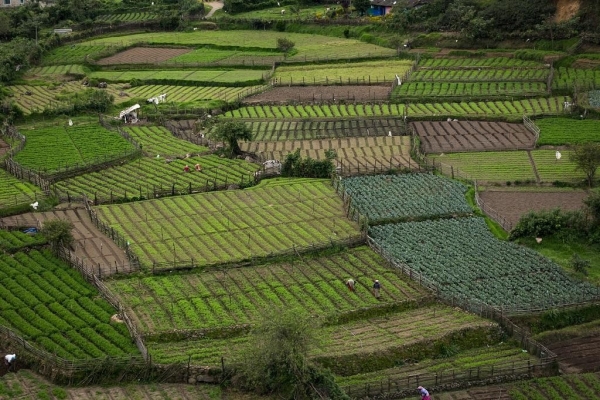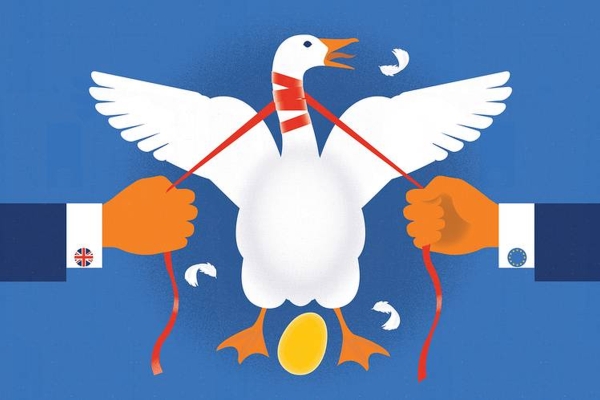Ibri Structural Plan: Urban Planning in Agricultural Heritage Regions
- ديسمبر 18, 2024
- 1 minute
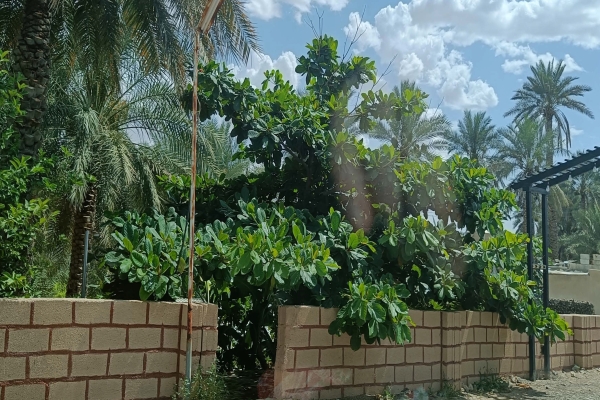
Urban planners face a unique set of challenges when designing spaces in regions with rich agricultural heritage. Balancing the demands of modern development with the preservation of historical agricultural practices and landscapes is crucial for sustainable urban growth.
Green Mawared, as part of the Ibri Structural Plan (ISP) consortium, faced unique challenges when designing spaces in Ibri, a region with rich agricultural heritage. The consortium which was led by F&M Middle East Engineering Consultancy and Broadway Malyan, focused on balancing modern development with the preservation of historical agricultural practices and landscapes.
This article explores the issues that were encountered and the strategies that were used to harmonize agriculture, heritage, and contemporary design.
Understanding the Challenges
Urban areas with agricultural roots, such as Ibri, often face several pressing issues:
- Land Use Conflicts: As Ibri expands and develops, prime agricultural lands are frequently converted for urban development, leading to a loss of productive farmland. This not only threatens food security but also erodes cultural heritage tied to traditional farming practices.
- Economic Pressures: Urbanization can drive up land values, making it financially challenging for farmers to maintain food production. The shift towards high-density developments often overlooks the economic and social contributions of local agriculture.
- Social Displacement: Rapid urban growth can displace communities that have social ties with their land and agricultural heritage, disrupting social networks and cultural identities.
Integrating Agriculture into Urban Design
To address these challenges, the consulting team adopted several strategies that integrate agricultural heritage into modern design:
- Preserving Agricultural Land: Our team created a standardized methodology for conducting detailed soil and water suitability studies in Ibri. This approach aims to inform decision-making on the suitability and effectiveness of agricultural land use. We emphasized the importance of these studies in balancing food security needs with the preservation of precious water resources in Oman.
- Refining Agricultural Safeguards: Based on our methodology, we recommended a process for continually refining the areas designated as safeguarded for agriculture. This involves using updated groundwater and soil quality data, as well as involving all involved stakeholders in the decision making process. Our plan stressed the need for developing an agreed set of protocols for safeguarding agricultural areas, ensuring that these designations remain relevant and transparent over time.
- Cultural Heritage Recognition: Incorporating elements of local agricultural heritage into urban design can enhance a city’s identity. This can include preserving historic farm structures, creating public spaces that celebrate agricultural practices, or integrating traditional farming techniques into modern landscaping.
Promoting Sustainable Agriculture Techniques
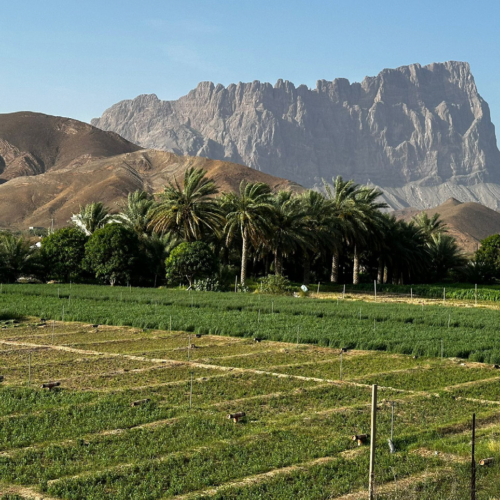
The promotion of sustainable agriculture techniques is vital for both environmental health and economic viability. As part of the ISP, the team suggested the following:
- Subsidizing Sustainable Practices: Providing financial incentives for farmers to adopt sustainable practices—such as organic farming and regenerative agriculture—can lead to more resilient agricultural systems. Subsidies can help offset initial costs associated with transitioning to sustainable methods, making it easier for farmers to implement these changes.
- Education and Training Programs: Establishing educational initiatives that teach farmers about sustainable practices is essential. Workshops, online courses, field visits and demo farms can equip farmers with the knowledge they need to improve their techniques, increase productivity, and reduce environmental impact.
- Promoting Water-Efficient Irrigation: Establishing a comprehensive subsidy program to encourage farmers in Ibri to transition to modern, water-efficient irrigation techniques. This initiative aims to strike a balance between food security and water conservation, a critical concern in Oman’s arid climate.
Supporting Small Agro-Industries
Small agro-industries are crucial for enhancing farmers’ income and strengthening food security. In collaboration with our partners, Green Mawared supported the integration of small agro-industries into Ibri’s urban planning. By integrating these industries into Ibri’s structural plan, communities can benefit in multiple ways:
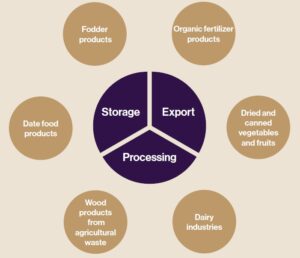
- Diversifying Income Sources: Small agro-industries allow farmers to process their products locally, adding value to raw materials. This diversification helps stabilize income streams and reduces dependency on fluctuating market prices for raw crops.
- Creating Jobs: Establishing small agro-industries within urban areas creates job opportunities not only for farmers but also for community members in processing, distribution, and retail sectors. This contributes to local economic development and strengthens community ties.
- Enhancing Food Security: By supporting local food systems through small agro-industries, communities can improve access to fresh produce while reducing reliance on imported goods. This localized approach enhances foo sovereignty and resilience against global supply chain disruptions.
By recognizing the value of agricultural heritage and integrating it into urban development strategies—while promoting sustainable agriculture techniques and supporting small agro-industries—cities can foster resilience, enhance food security, and preserve cultural identities.
Green Mawared was honored to be part of the following consortium consulting team:
F&M Middle East Engineering Consultancy, Broadway Malyan, Cundall, Pegasys Consulting, Policy Analytics Lab, Systematica, Oman Think Urban, Chronicle Heritage, Skift, DG Jones and Partners
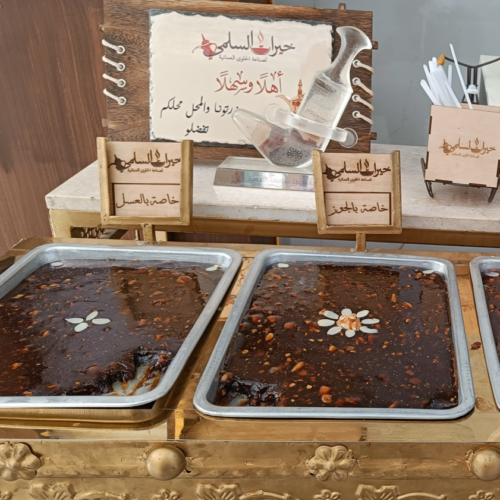
#Agriculture #UrbanPlanning #Oman #Ibri #StructuralPlan #RegenerativeAgriculture #Sustainability

